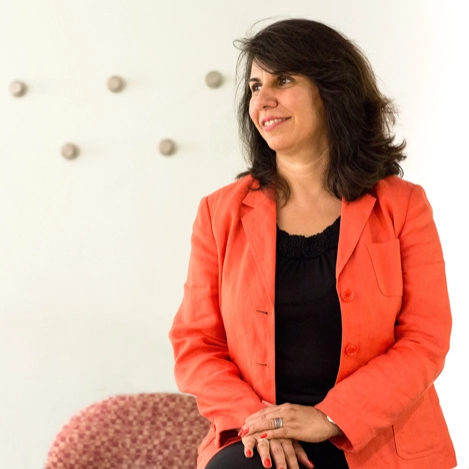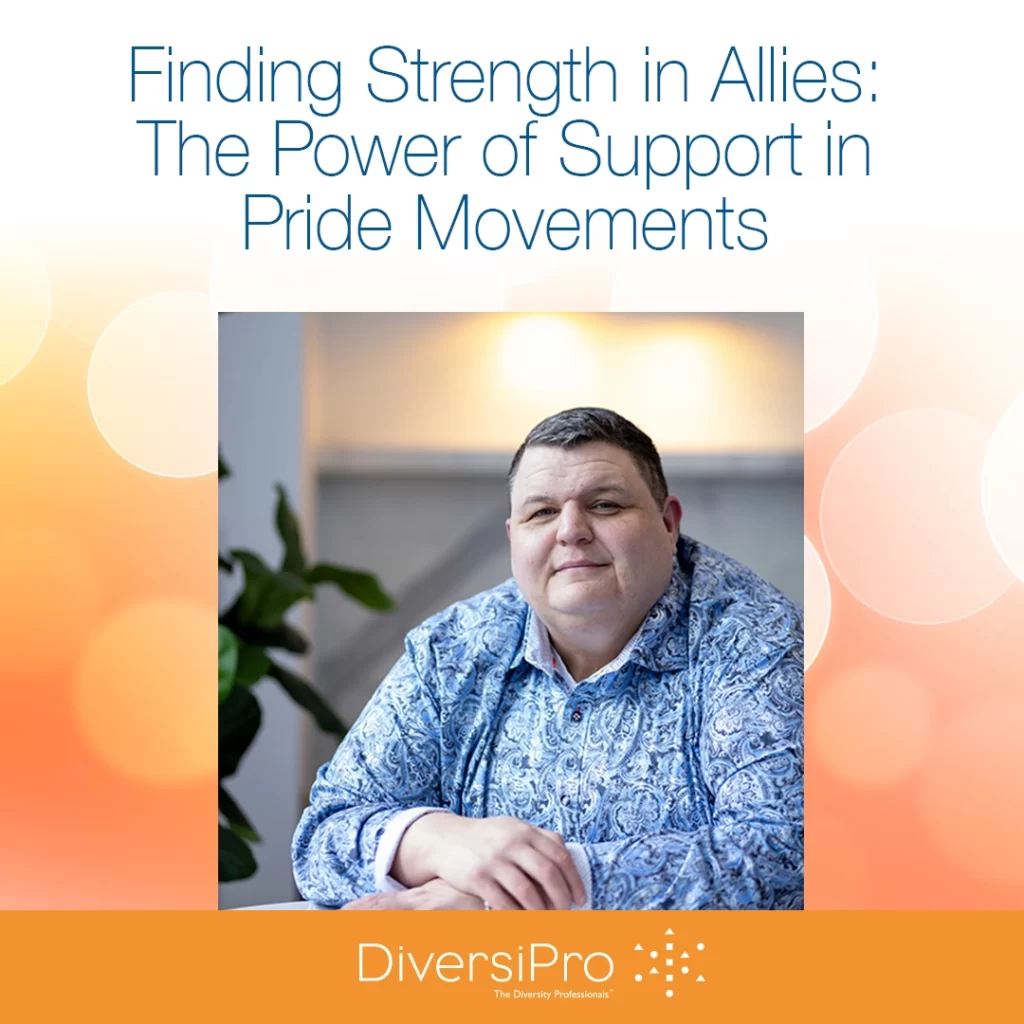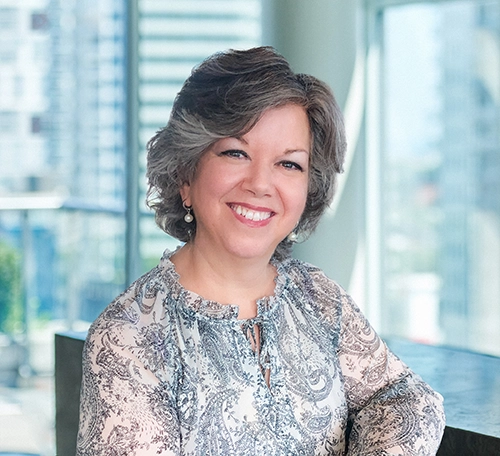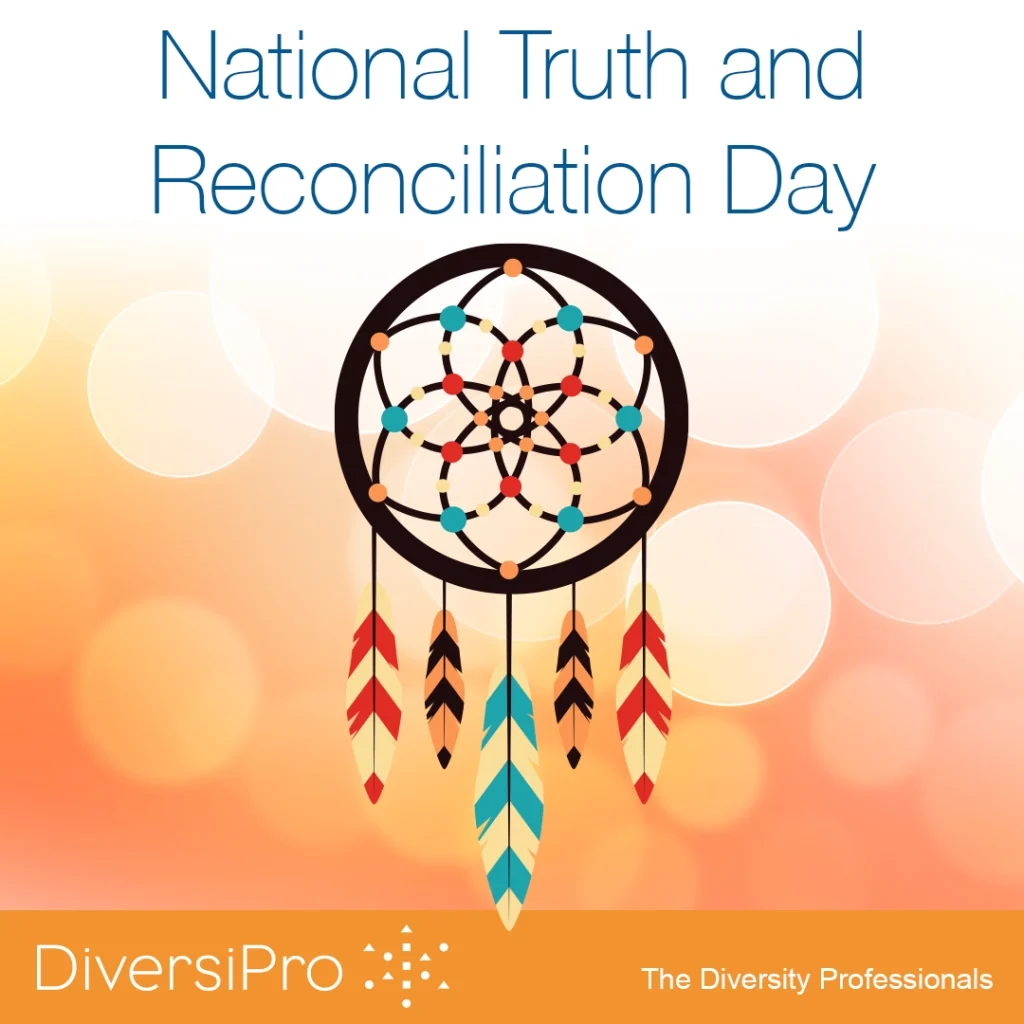Our Story is one

Happy to be thriving in Canada’s culture committed to advancing Inclusion, Diversity, Equity, and Anti-Racism, Iren Kolterman invites us all on a journey of empathy. Reflect, remember and learn from the story of Ten Women of Shiraz who wanted nothing more in life than to practice freely their Bahá’í faith….
Finding Strength in Allies: The Power of Support in Pride Movements

Pride. What does it mean for me? It may sound simple, but it means I am free to be me.
I remember the first time I went to the Pride Parade in Toronto. Coincidentally it was World Pride as well—the first-time World Pride was held in North America. I was wandering around the different merchants and booths before the parade and ran into a group of people who were looking for volunteers to march at the head of the parade, carrying the flags of the world. I jumped at the chance.
The Reality of IDEA Must Include Accessibility

Nominated for the fourth consecutive year as Canadian Lawyer Magazine’s Top 25 Most Influential in the Human Rights category, Lorin MacDonald is one of Canada’s leading voices on disability issues. Over the last 30 years, Lorin has demonstrated her leadership, passion, and commitment to accessibility and inclusion in various volunteer and professional activities, all informed by her lived experience as a woman born with profound hearing loss.
Orange Shirt Day & National Truth and Reconciliation Day

We call upon the federal government, in collaboration with Aboriginal peoples, to establish, as a statutory holiday, a National Day for Truth and Reconciliation to honour Survivors, their families, and communities, and ensure that public commemoration of the history and legacy of residential schools remains a vital component.” September 30th is the answer to this […]
